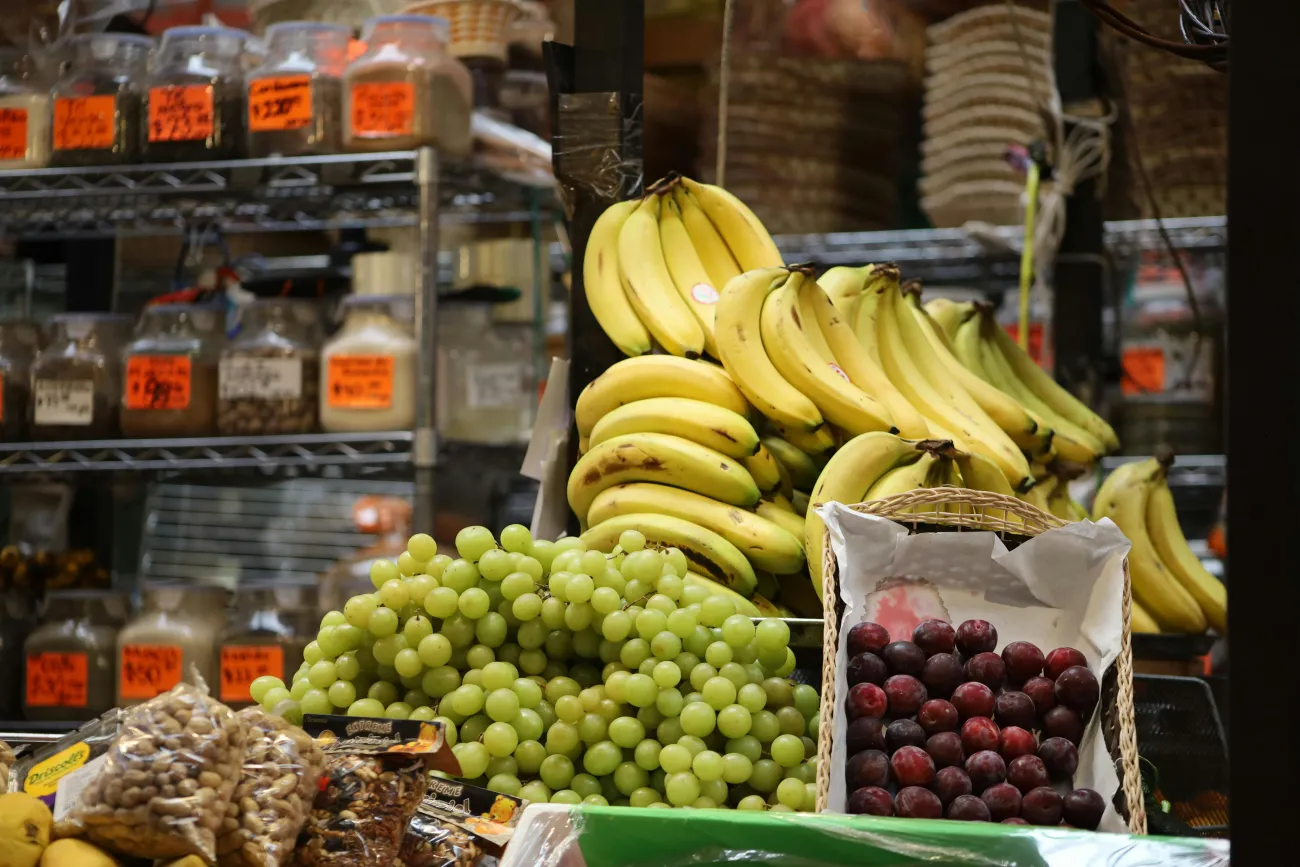This paper entitled Creating When You Have Less: The Impact of Resource Scarcity on Product Use Creativity, argues that resource scarcity actually translates into enhanced consumer product-use creativity.

The paper argues that a general sense of scarcity activates a constraint mind-set that manifests itself through increased novelty in product-usage contexts. The limits force consumers to think beyond the traditional functionality of a given product, which enhances product-use creativity. The researchers examine how an abundance mind-set affects creativity and find that abundant resources may have a negative effect on creativity. When you have fewer resources, you use them more creatively. The long-term implications of favouring abundance over creativity are even more pronounced.
One of the study’s lead researchers, professor Ravi Mehta says when interviewed: "As the Western world becomes more affluent, I wanted to know how a sense of abundance affects creativity, because it's creativity that moves society forward."
Note that although the paper does not particularly look at natural resources it may be applicable to thinking about resource and environmental constraints.
Abstract
This research examines how a general sense of resource availability influences consumers’ product use creativity. The authors propose and demonstrate that the salience of resource scarcity versus abundance enhances the novelty of product use solutions in independent consumption environments. An investigation of the underlying process finds that scarcity salience activates a constraint mindset that persists and manifests itself through reduced functional fixedness in subsequent product usage contexts (i.e., makes consumers think beyond the traditional functionality of a given product), consequently enhancing product use creativity. This work advances the extant creativity literature, currently limited to examining the effects of context-specific resource constraints, by establishing a context-independent linkage between resource availability and product use creativity. Furthermore, this research contributes to the scarcity literature, which has primarily focused on investigating the quantity and frequency of consumption, by examining the impact of scarcity on the quality of consumption solutions.
Citation
Mehta, R., Zhu, M., (2015). Creating When You Have Less: The Impact of Resource Scarcity on Product Use Creativity, Journal of Consumer Research, DOI: http://dx.doi.org/10.1093/jcr/ucv051
Read the full paper here and see further coverage in Science Daily here.
Read more about technology, investment, waste and resource use, agricultural innovation.




Comments (0)